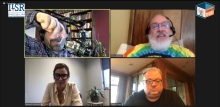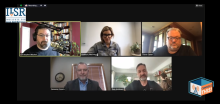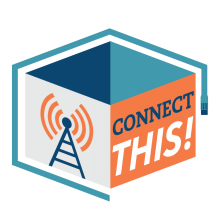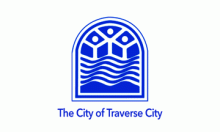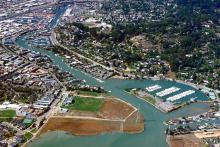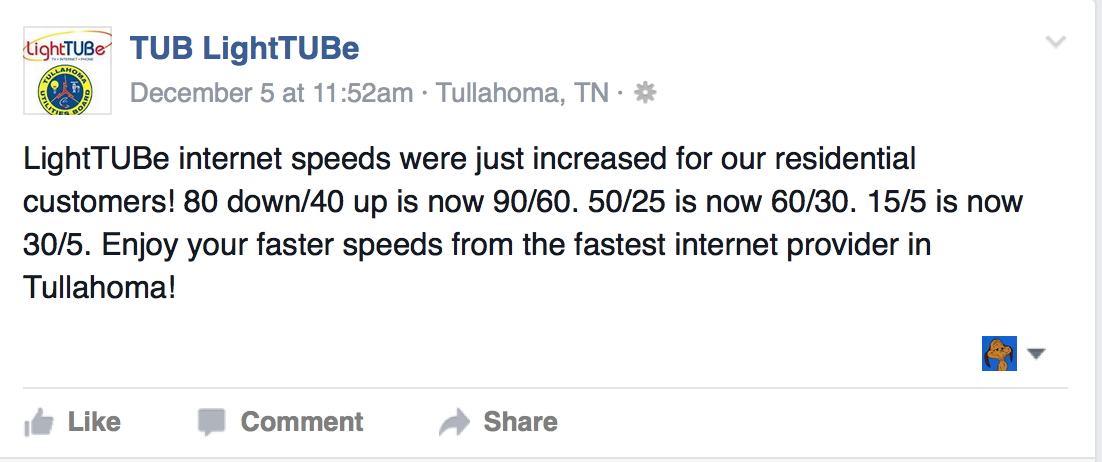Options Available to Cities Under the American Rescue Plan Broadband Rules - Episode 12 of Connect This!
On Episode 12 of Connect This!, hosts Christopher Mitchell and Travis Carter (USI Fiber) are joined by returning guests Doug Dawson (CCG Consulting) and Kimberly McKinley (UTOPIA Fiber) to talk about the recently released Treasury rules outlining the upcoming infrastructure funds going to states and local governments for critical infrastructure.
After talking for a few minutes about labor and materials shortages, the group dives into the language of the Treasury rules and to what extent they restrict the upcoming funds for cities and towns. They talk about the minimum speed requirements listed and what they mean for the underlying technologies the rules encourage, to what extent the rules represent the enaction of a bold vision for universal high-speed Internet access in the United States, and what kinds of outcomes we might see in the near and medium future.
Subscribe to the show using this feed, or visit ConnectThisShow.com
Email us broadband@muninetworks.org with feedback and ideas for the show.
Watch here, or below.


